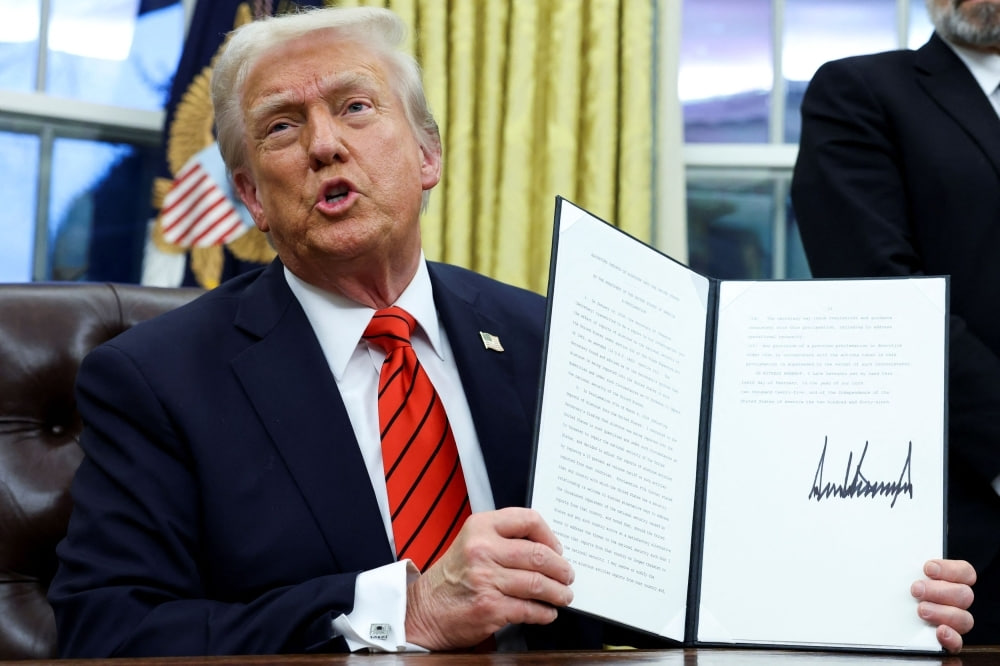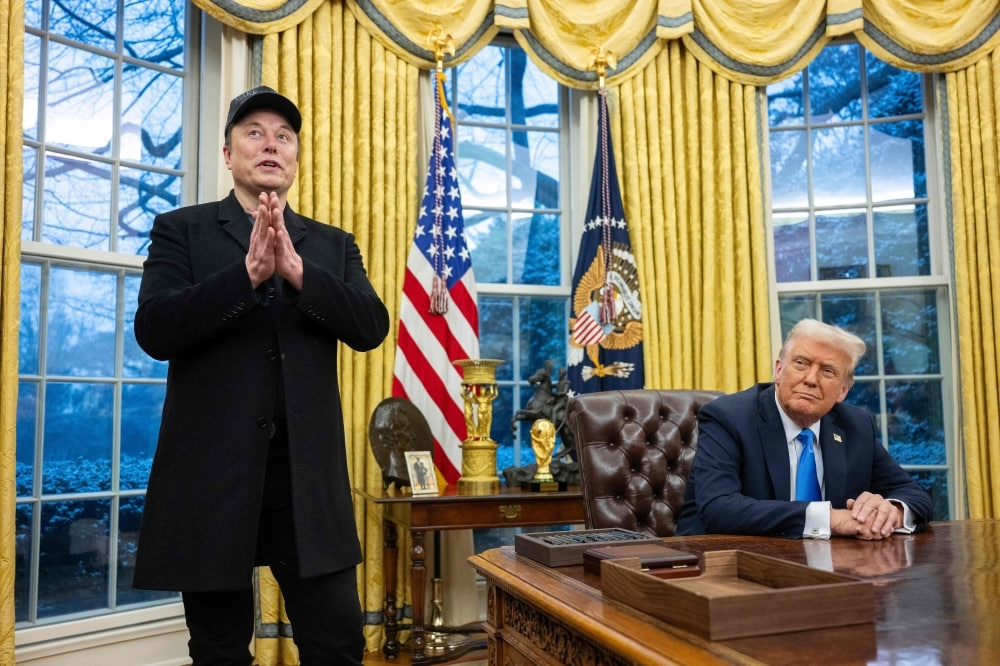U.S. President Donald Trump has signed executive orders imposing 25% tariffs on steel and aluminum imports, set to take effect on March 12, 2025. The decision, which eliminates previous exemptions and quota agreements for major trading partners like Canada, Mexico, and Brazil, has reignited concerns about escalating trade wars.
Why the Tariffs?
The Trump administration has long justified such trade measures under the guise of national security. Citing Section 232 of the Trade Expansion Act of 1962, the administration argues that an influx of foreign steel and aluminum threatens domestic producers, making the U.S. vulnerable in times of crisis. Trump emphasized the need for reciprocity in trade, stating, “It’s 25 percent without exceptions or exemptions.”
The tariffs are designed to rejuvenate American industries impacted by more affordable imports, especially from China and the European Union. U.S. steel manufacturers, including United States Steel Corporation and Nucor Corporation, have embraced this initiative, expecting a boost in domestic demand and job opportunities.
Global Reactions and Retaliation
The European Union has acted quickly, unveiling countermeasure plans against U.S. goods. Brussels officials have cautioned about implementing 50% tariffs on €4.8 billion of U.S. imports, focusing on items like bourbon whiskey, motorcycles, and agricultural products.
China, often impacted by Trump’s trade policies, has suggested retaliatory tariffs on major American exports such as soybeans and aircraft parts. This has sparked concerns about a potential new wave of economic tensions akin to the 2018 trade war.
Canada and Mexico, both significant steel exporters to the U.S., have voiced their disappointment. Canadian Trade Minister Mary Ng described the decision as “unjust and harmful to North American trade relations.”
Impact on Global Trade and Economy
Economists caution that these tariffs might increase expenses for U.S. manufacturers and consumers, as domestic firms may find it challenging to fulfill demand without imports. The automotive and construction industries, which depend significantly on steel and aluminum, will likely experience price surges, possibly hindering economic growth.
Moreover, trade experts warn that aggressive tariffs could strain diplomatic ties between the U.S. and its allies, especially in Europe and North America. The World Trade Organization (WTO) might also intervene, as several countries will likely contest the tariffs as unfair trade practices.



